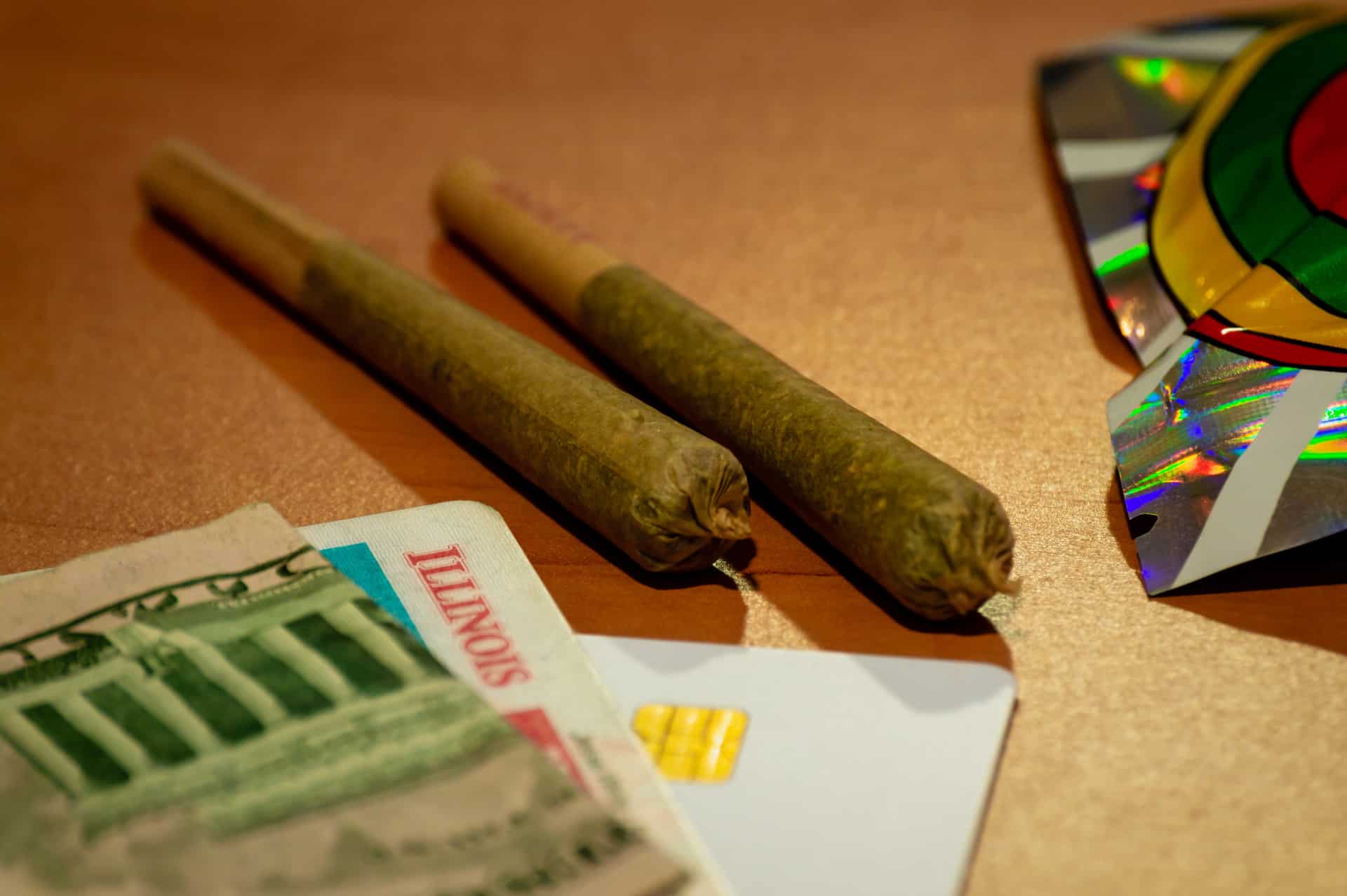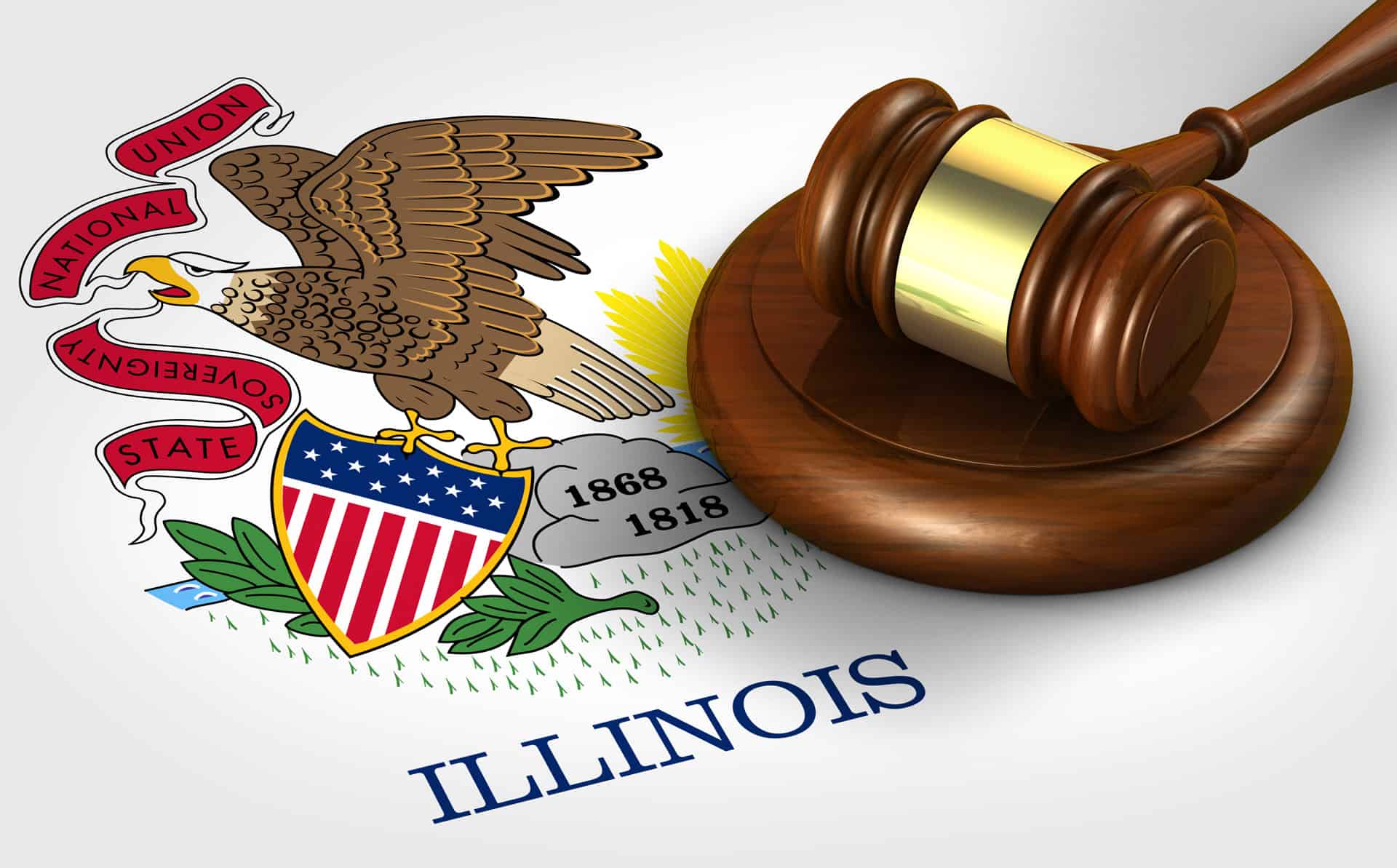Illinois made history in January 2020, becoming the first state to prioritize a social equity program for business licenses in their cannabis legislation.
But history tells us that paving the way in contentious spaces like racial justice isn’t easy. We don’t always get it right the first time. Now, more than a year after passing the Cannabis Regulation and Tax Act, Illinois is reshaping their social equity program to ensure Black and Latinx business owners get their fair share in a market that has historically oppressed them.
Idealistic Beginnings of Social Equity
When Illinois legalized recreational marijuana in January 2020, the state was committed to building social equity into their program from the start. Legislators also had the benefit of learning from the mistakes of other states, such as California, where “predatory practices” made it easy for applicants to check all the right boxes without committing to the program’s mission.
“There have been a lot of challenges for the social equity applicants since the beginning,” states Payal Shah, Founder of Cannabis Insight Collective. “From the definition of the Disproportionately Impacted Areas, to including extra points for Veterans in an application process where that was not addressed as a priority in a socially equitable process, to inconsistent grading practices by KPMG, including not sending deficiency notices to all applicants who deserved one.”

As a state committed to social equity initiatives, including a recent ground-breaking reparations bill for residents of Evanston, the state saw legalization as an opportunity to right historical wrongs. Every applicant must answer questions about the impact of the war on drugs on their lives and their families, and those responses make up 25% of the decision-making process.
Social equity applicants in Illinois must:
- Have lived in a “disproportionately impacted area” for five of the last 10 years, with at least 50% of their employees also living in a disproportionately impacted area.
- Have been impacted by a cannabis-related offense, either personally or via a parent, spouse, or child.

From Theory to Reality
“From a 40,000-foot view, the social equity provisions look great,” said Shawnee Williams, co-owner of Illinois Equity Staffing, an organization in Chicago dedicated to improving social equity in the cannabis industry.
But it quickly became clear that what looked good in theory might not be good enough in practice.
First, COVID-19 delayed the issuance of cannabis business licenses. Because medical marijuana dispensaries were already established and allowed to sell recreationally, this meant that social equity applicants were losing out on the opportunity to make a name for themselves in the emerging recreational space.
Then, a lawsuit emerged: only 21 social equity applicants qualified for the 75 available licenses, and those who were disqualified weren’t allowed to amend application materials – a right they were supposed to be given under Illinois state law. By January 2021, a year after legalizing cannabis, not a single license had been issued to a business that was majority-owned by a person of color.
Clearly, the nation’s most progressive social equity program isn’t equitable if BIPOC business owners aren’t able to participate. Rather than give up the effort or let the bill stand, legislators started looking toward revision.
“There should be more input and representation, at the cannabis legislative and advocacy levels, from the people who have been punished by the war on drugs, or have worked within the legacy market,” added Shah. “Right now, it feels like it is being composed in a space driven by profit and not by people who care about cannabis and wronging the rights in this industry.”

Revising the Equity Program for Social Justice
In January 2021, Illinois legislators began reshaping the Cannabis Regulation and Tax Act. State Senator Cristina Castro told the Chicago Sun Times that the state’s primary objective with reshaping the program is “to get more licenses out the door and into the hands of socially equitable applicants.”
The new bill will put another 75 business licenses on the table for social equity applicants and set aside 25% of the state’s cannabis-derived taxes for nonprofits and organizations that support communities affected by the war on drugs. In 2020 alone, that means $31 million in revenue will directly support the most deeply impacted communities.
Illinois’ willingness to revise their program speaks to a commitment to equity. For senators like Castro, this is an opportunity for Illinois to stand out as a social justice leader and inspire other states to make a difference in the lives of their most disenfranchised citizens.
